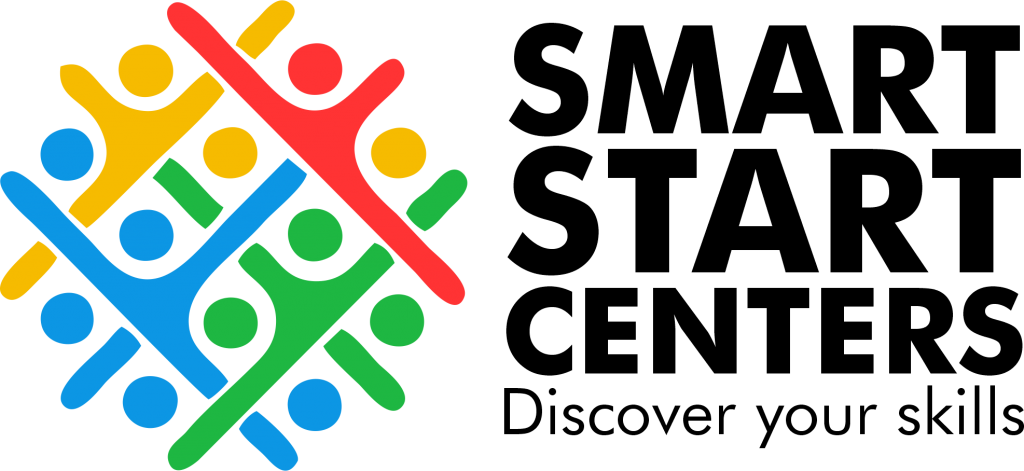Skills
Level Up Your Mind: Where Every Move Matters.
Hands-On Practice
Engage in interactive activities to apply relationship-building techniques, collaborate on group projects, and practice communication skills through guided exercises.
Personalized Learning
Get individualized support to advance at your own pace. Participate in tailored activities that enhance your social skills, foster connections, and build your confidence.
Real-Time Application
Join interactive sessions with immediate feedback. Use practical exercises to apply what you’ve learned directly to your interactions and group activities for an experiential learning approach.
